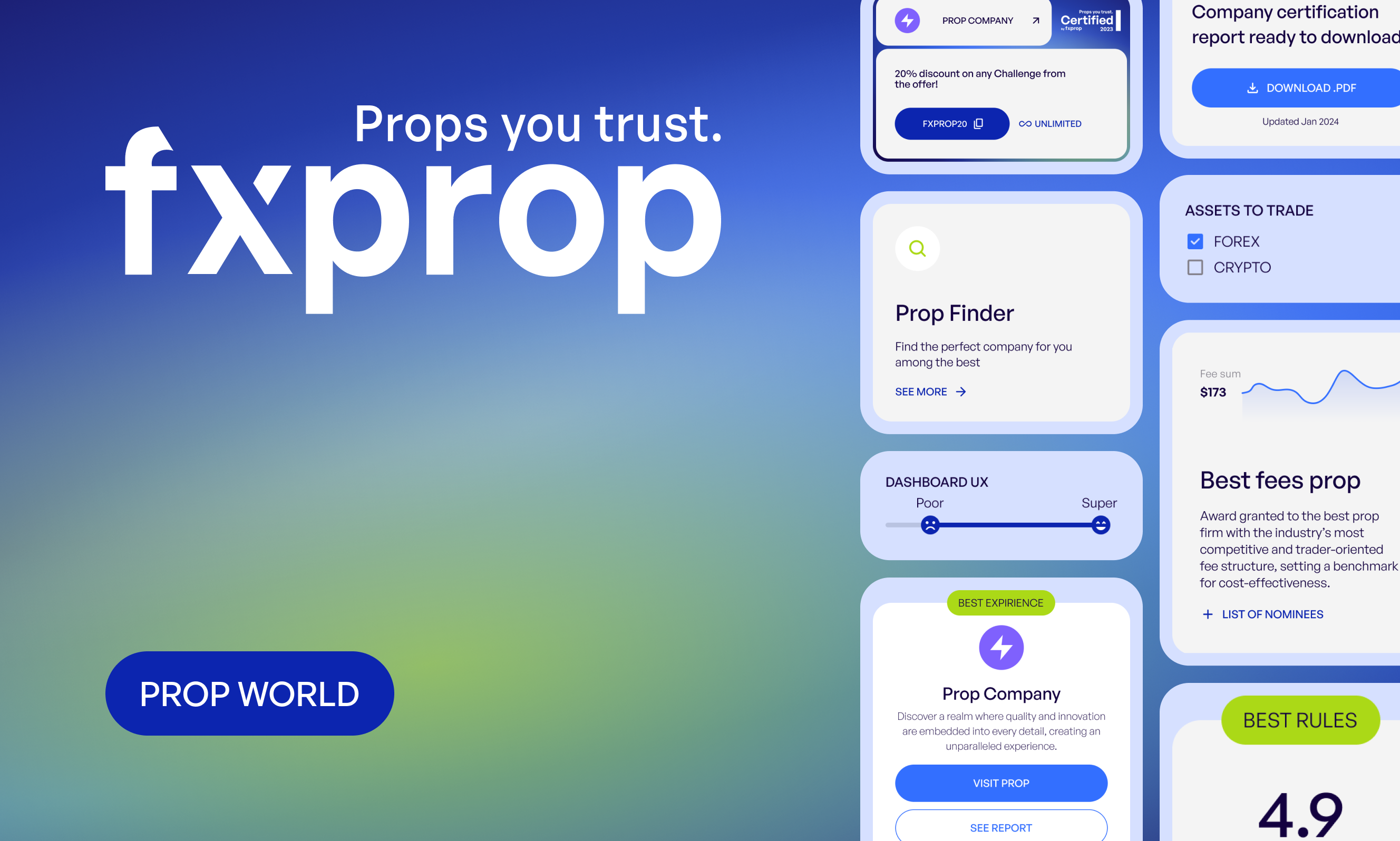
Earning on Prop Trading – How Much Can You Earn on Prop Trading?
Before entering the Prop Trading market, the common question is “how much can I earn?” Prop Trading firms provide answers, offering highly attractive rates in exchange for a modest financial contribution. For experienced traders, it’s a near-guaranteed income, but newcomers should exercise caution.
Earning on Prop Trading involves risk. While access to substantial capital can lead to significant profits, it also carries the risk of capital loss. Success in Prop Trading often hinges on trading skills. Traders must be well-versed in market analysis, understand trading strategies, and be adept at making quick and accurate decisions.
How to Earn on Prop Trading?
Earning on Prop Trading can be a lucrative pursuit, especially for those with strong trading skills. Let’s examine a specific example to see the potential gains of trading independently compared to trading through a Prop Trading firm. Consider two traders: Mark and Andrew. Both have $2000 for trading.
- Mark invests the entire amount with a CFD broker, achieving an average monthly profit of 6%. After a year, his profit is $1440, but it’s insufficient for sustainability.
- Andrew, with similar skills, chooses the Prop Trading path. He divides his $2000 into 4 parts, investing $500 in a challenge. After two unsuccessful attempts – mid- February – Andrew takes a 1-week break from trading. He analyzes his mistakes, refines his trading plan, and re-engages in the challenge on March 1. Despite his capital dropping to $1000, he succeeds in the third month, gaining access to a funded account worth $100,000. Andrew, despite reducing risk by 50%, maintains monthly profits of 2.5%. For him, trading on a funded account of $100,000 results in a $2500 profit at month-end. Most Prop Trading firms share profits proportionally, e.g., 80% for the trader, 20% for the Prop Trading company. After the split, Andrew retains $2000 in his pocket. Andrew repeats his performance each month from June, withdrawing profits 6 times. This amounts to 6 * $2000. Even after deducting $1000 from the initial investment, he retains a $11,000 profit from six months of trading!
Now, let’s recall Mark’s situation. Despite trading with a broker for a year and achieving a better monthly percentage return than Andrew, Mark’s result is $1440, almost 10 times less than Andrew’s. Additionally, Andrew starts the new year still possessing a funded account and a significant capital reservoir, which he utilizes for additional challenges and increased capital allocation. It’s worth noting that despite adopting a conservative trading strategy, Andrew didn’t forfeit the opportunity to earn on Prop Trading.
What Are the Average Earnings in Prop Trading?
Based on the presented example, it’s evident that Prop Trading opens a unique opportunity for substantial earnings.
Average earnings in Prop Trading can vary significantly based on factors like trader experience, trading skills, available capital, risk tolerance, and terms offered by the Prop Trading company. For experienced and successful traders, average monthly earnings can range from a few thousand to tens of thousands of dollars.
However, for novice traders and those just beginning their Prop Trading journey, initial earnings may be lower as it takes time to learn and develop trading skills.
Is Earning on Prop Trading Easy?
Earning on Prop Trading can be a potentially lucrative pursuit, especially for those with strong trading skills. However, there’s always the risk of capital loss, so understanding the rules of Prop Trading firms, meticulous risk management, and continual improvement of trading skills are crucial.
In practice, experienced traders often earn substantial amounts in Prop Trading. However, for novice investors, a prudent approach is essential. It’s not a guarantee of easy earnings, and the risk of capital loss always exists. Remember that trading in a Prop Trading firm also requires patience and consistency. Only invest what you’re willing to lose and make informed decisions. If in doubt, don’t hesitate to seek professional advice.










